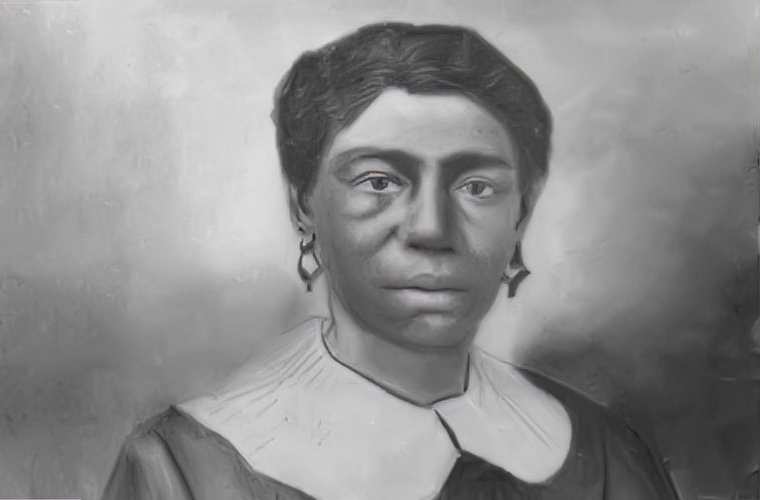Harriet Scott was an enslaved woman in the United States who, along with her husband, Dred Scott, became central figures in the landmark Supreme Court case known as Dred Scott v. Sandford. In 1857, the Supreme Court of the United States ruled on the case, which involved the question of whether enslaved individuals were considered citizens and had the right to sue for their freedom. The court’s decision, delivered by Chief Justice Roger B. Taney, stated that enslaved individuals and their descendants were not citizens and therefore could not bring a lawsuit in federal court. Additionally, the court held that Congress lacked the authority to prohibit slavery in the territories.

The Dred Scott decision was highly controversial and further exacerbated tensions between the North and the South on the issue of slavery, ultimately contributing to the outbreak of the American Civil War. It was later overturned by the passage of the Thirteenth and Fourteenth Amendments to the United States Constitution, which abolished slavery and granted citizenship rights to all individuals born or naturalized in the country. While Dred Scott’s name is often associated with the case, his wife, Harriet Scott, also played a significant role in the legal battle for their freedom. Harriet Scott, along with her husband and their children, endured years of legal struggles and hardship in their pursuit of liberty.
It’s important to recognize the immense courage and resilience demonstrated by Harriet Scott and her husband in their fight against slavery, as their case had far-reaching implications for the fight for civil rights in the United States.

